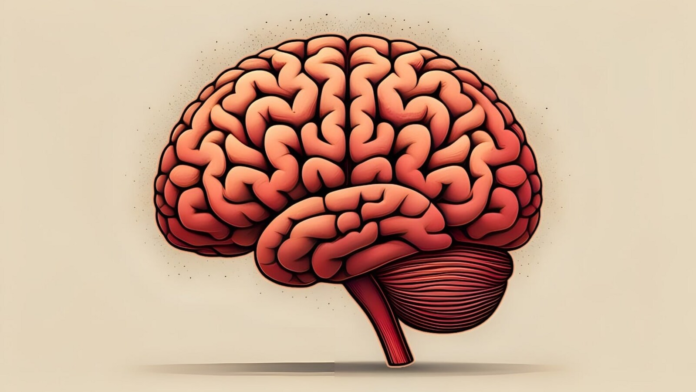Much new information is now being developed every day. So, it is not surprising that many of us would frequently encounter new ideas. Some of them might be contrarian to our existing beliefs.
These occasional encounters with new and varied ideas are a good sign. It shows that we are not stagnant in our learning journey. But a bigger question follows. How comfortable are we in absorbing these new ideas we bump into?
A few months ago, the book Determined: Life Without Free Will by Stanford University neuroscientist Robert Sapolsky was published. Like fellow neuroscientist V.S. Ramachandran’s The Tell-Tale Brain (2010), it establishes the fact that human behaviour is not the outcome of a conscious decision-making process in its lead-up. To quote Sapolsky: “[Behaviour] is indeed a mess, a subject involving brain chemistry, hormones, sensory cues, prenatal environment, early experience, genes, both biological and cultural evolution, and ecological pressures, among other things.”
The core idea of Sapolsky’s book is that human behaviour is created by biology, over which one has no control, interacting with an environment over which one has no control either.
In others words, there is no free will. It is just an illusion. The book also examines what society might look like if we were to recognize that free will does not exist.
The concept of free will is at the core of the existing paradigm of our human behaviour understanding. The thought of ‘no free will’ is very difficult to digest.
Just imagine what would happen to our judicial process if those accused of murder or any other crime argue in court that their actions were not determined by them, but by the environment and their evolutionary history.
Until now, such an argument would have left mostly everyone incredulous. But with the publication of Sapolsky’s book, such arguments now have a scientific basis.
Rarely do we come across books that provide paradigm-shifting views. Famously, we had On the Revolutions of Heavenly Spheres (1543) by Nicolaus Copernicus and The Origin of Species (1859) by Charles Darwin, which offered views that went against the time’s prevailing beliefs. But how did the intellectual world react to Sapolosky’s book?
There were no debates in the public sphere. Even a casual discussion could have forced people to grapple with what the book says. But the truth is that very few of us will voluntarily broach topics that might threaten our existing beliefs. So the book went largely ignored.
With the convergence of various new technologies like artificial intelligence, smartphones and the internet, a vast quantity of new information is produced and disseminated. But how much of this newly created information is put to good use?
Is the absorption of new information keeping pace with the development of new information, more so information that is contrarian to our existing beliefs?
The pin-drop silence in response to arguments put forth by books like Ramachandran’s and Sapolsky’s shows newly created information is not easily absorbed. Much like unharvested rainwater, much of this new information will go waste if humans are not equipped to absorb it.
But is the human brain equipped to easily absorb new information? Not really, and especially not when it comes to absorbing material that challenges the status quo. The human brain performs all its processes using just 13 watts of electricity.
This organ is the most energy-efficient machine in the universe. It optimizes its energy consumption by reducing the amount of cognition it indulges in at a conscious level.
That is why our brains tend to be most comfortable repeating past actions without much thinking. As much as possible, our brain avoids the need to absorb new information. This bias in favour of the status quo is a biological reality of the human brain. It is also why continual learning over a life-span is such a challenge.
As India prepares to change its orbit and start moving towards world leadership, while it is important to create knowledge and share new learnings with citizens, it is equally or perhaps more important to increase people’s ability to absorb that new information.
The first step in that direction is for policymakers to acknowledge that this absorption is not an automatic outcome of new information being made available. Much needs to be done to tackle the human brain’s basic reluctance to accept what goes against prior beliefs.
American writer F. Scott Fitzgerald said, “The test of a first-rate intelligence is the ability to hold two opposing ideas in the mind at the same time, and still retain the ability to function.”
Learning to live with contrarian ideas without letting their divergence hinder our actions is an art we must all perfect. Debates and discussions were primary methods of teaching in the traditional Indian educational system.
Debates on various ideas can generate feelings of uncertainty, making us unsure of what we think. This could even make us feel ignorant. But then, a constant sense of not knowing enough is the greatest quality one could posses in this Information Age.
This feeling would make us far more receptive to paradigm-shifting ideas of the kind propounded by contrarian thinkers like Copernicus, Darwin and others.
#free #Human #brains #resist #ideas #overturn #world
